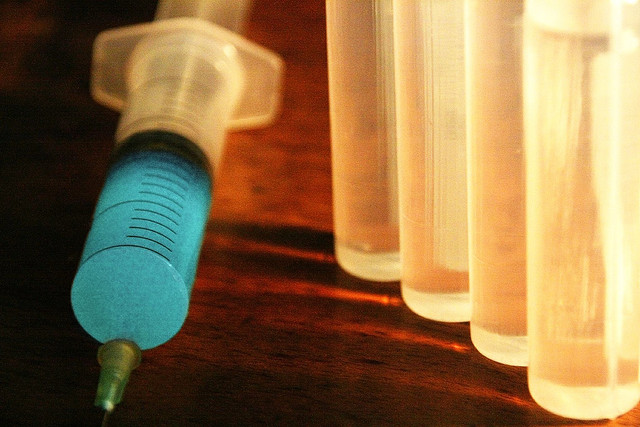Breaking the Chemist’s Back

As many of you will know, the definition of a chemist is “a scientist trained in the field of chemistry who studies both the properties and composition of chemicals and who studies the way that chemicals interact with other chemicals.” 1 Contrary to what a hit American TV show (you know the one) would like you to believe, a chemist is not just “someone who cooks meth”.
For those who have never seen Breaking Bad, the plot revolves around a secondary school chemistry teacher who is diagnosed with cancer and decides to make methamphetamine in order to leave his family financially stable after he dies. Breaking Bad is the bane of every chemist’s existence, simply because it leaves those with no scientific background with the unrealistic expectation of what a chemist does. Most chemists undergo a minimum of 4 years of higher education in chemistry before they are fully qualified in their field – that’s approximately 2032 days of learning, excluding the summer break (2540 days for masters students) and 480 credits (600 credits for masters students). It is therefore disheartening that after a minimum of 4 years at university specialising in the subject, chemists are essentially thought of as a glorified drug dealers.
My favourite conversations surrounding what I study include when viewers of the show decide that they can hold a conversation in chemistry and then continue to talk about pure blue methamphetamine, not understanding why I have just deflated at the subject. (For the record, the purer the organic compound, the whiter it becomes.)
I have been asked multiple times myself whether I could make methamphetamine. When trying to explain the difficulty and complexity behind each of the various syntheses, all people hear is that yes, I can “cook meth”. After this comes the awkward joking suggestions about it being a quick way to make money (and a fast way to pay off student loans). This is the kind of question that discourages me from telling people what I do for a living. However, any decent chemist worth the paper that their degree is written on will be able to tell you that there are limited ways to create most molecules, and this applies to meth too. There are three main routes to synthesise methamphetamine; Leuckart synthesis using methyl formamide and phenyl-2-propanone (P2P), reductive amination of methylamine with P2P and reactions with ephedrine and pseudoephedrine. All of the aforementioned routes are effectively complicated reactions and dangerous if done incorrectly, so don’t try these at home (also it’s just a little bit illegal).
Science. Who would have guessed you couldn’t actually learn it from a TV show?
Edited by Debbie Nicol











I needed to compose a comparable (or at least it appears comparable,
depending on the info given) research paper back in 2015 if I was a
pupil. Gathering the necessary information was quite hard and hard.
However, you were able to reveal the topic very accessible and understandable.
Anyways, it was interesting to refresh a few
things and discover something new out.